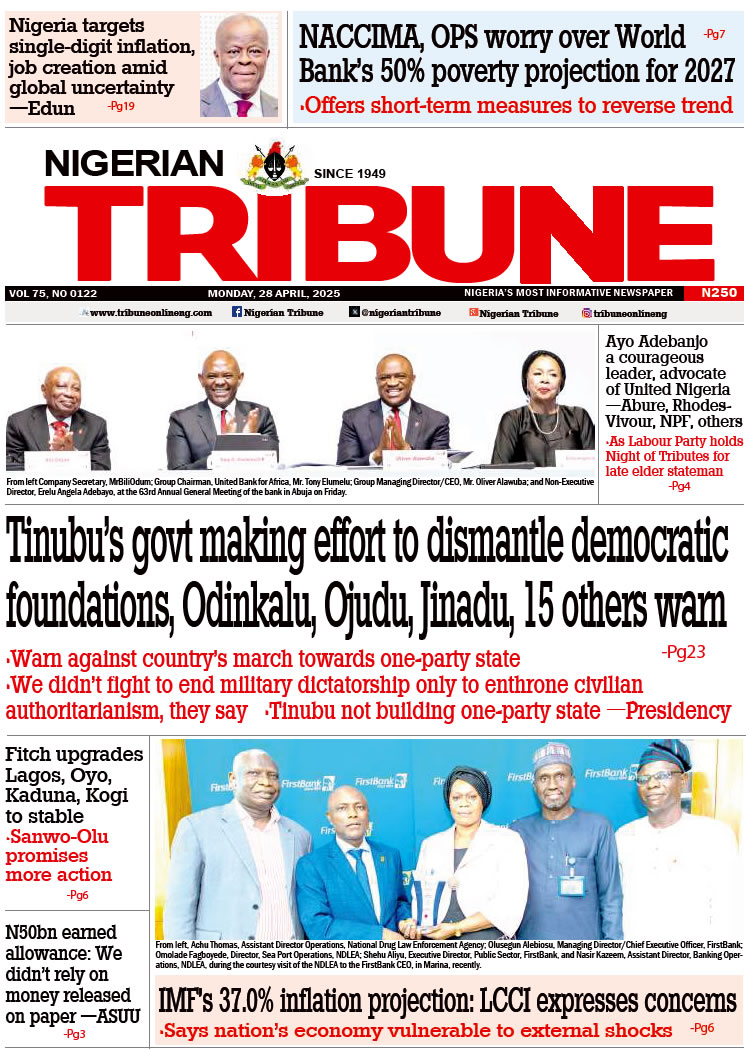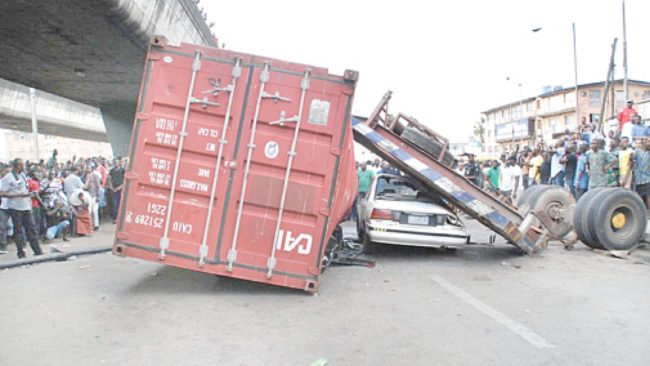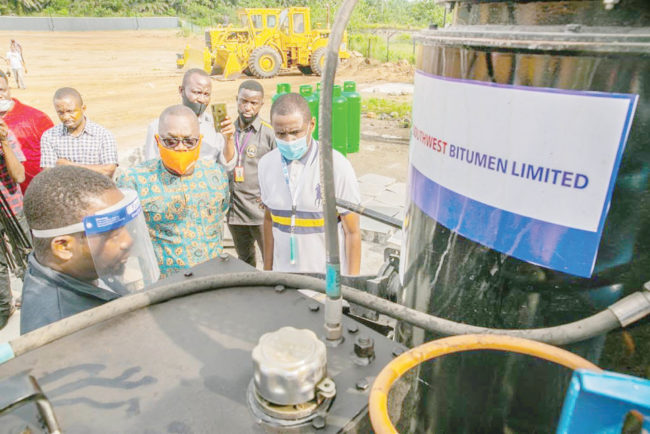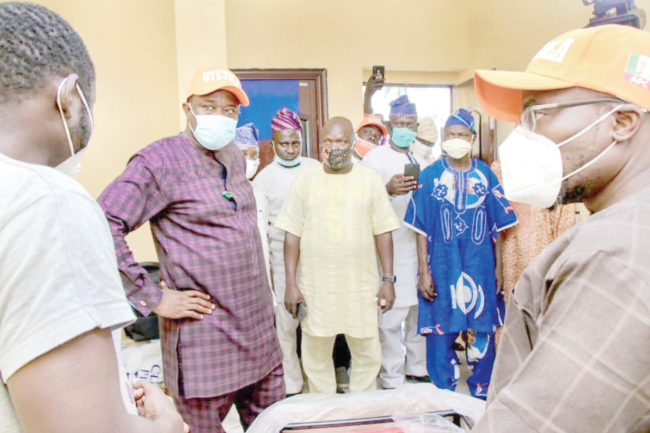NIGERIANS living in the United States and Canada were called upon during a weekend national conference in Dallas to help reform Nigeria’s political system, eliminate corruption, and rebuild the country’s education and healthcare systems.
The two-day national conference of Egbe Omo Yoruba, which represents more than 400,000 native Nigerians or people of Nigerian descent living in the United States and Canada, featured several erudite Yoruba scholars, including renowned Nigerian economist Dr. Benjamin Ola Akande, President of Westminster College, in Fulton, Missouri; Dr Toyin Falola, Professor of African Studies and History at the University of Texas Austin, among many others.
The conference was designed to bolster national efforts to attract American investment in Nigeria, accelerate economic growth and prosperity for the Yoruba people, and unite and promote the cultural and professional spirit of the Yoruba community in North America.
Speaking in one of his two keynote addresses, Akande, who was recently elected the first Nigerian-born president of a prestigious American university, highlighted some of the problems bedeviling the country. “Our beloved Nigeria isn’t working,” he lamented. “Our Nigeria is mired in incompetence and corruption. Many of our public institutions barely function. In most respects, to refer to Nigeria as a third-world country is to insult other third-world countries.”
He noted that while President Muhammadu Buhari has launched a new campaign to battle government corruption, “the real challenge is whether it will have any staying power.”
He pointed out that while no one expects Buhari to tackle all of Nigeria’s problems in one term, he “has had a front row seat of leadership in Nigeria for nearly 40 years. His last 12 months on the job simply don’t reflect that vast experience.”
He added that the war on corruption could only be won if the government adopted serious prison reforms, solid witness protection programs, and efficient anti-corruption agencies. “We need to exert unparalleled pressure on our politicians to become more accountable or be prepared to bear the consequences of bad behavior,” he said.
Akande called upon the government and people of Nigeria to rebuild the country’s ailing educational and healthcare systems, and to elect officials who “understand realistic goals and the importance of timelines, don’t make bombastic declarations and hollow promises, and show their cluelessness over sound fiscal policy.”
He also challenged all Yorubas in Nigeria to elect better leaders. “In choosing many of our leaders, we have settled for mediocrity. We have allowed and have traded the boys in khaki (military-run government) for over-dressed vagabonds and their rent-seeking thugs. In effect, we have abdicated our responsibilities as citizens in a Democracy,” he said.
“My message is that we can – and we must – do better,” he said. “It’s time to put an end to the era of rogues, narcissists and megalomaniacs as leaders. Let’s find leaders who put the ‘servant’ back in ‘public service,’ leadership that is truly committed to providing service and is willing to sacrifice for the people.”
Akande’s remarks were echoed by Dr Falola who urged “Yoruba scholars all over the world to unite to pursue a set of related objectives, use Yoruba to universalize scholarship, that is, to turn our own data into theories with universal applications.”
He said Nigerians must leverage “the knowledge economy,” which he said “is more lucrative than the oil economy,” Nigeria’s biggest export. “The knowledge economy is tied with all forms of technologies and information that generates progress and it can be created in abundance, far more than any resources that are lifted from the ground.”







